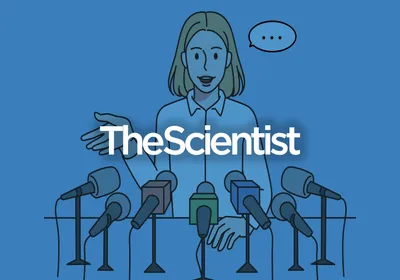 MARC MERLINA planned march in support of science on Washington, DC, has inspired the organization of satellite events across the U.S. and around the world. While the organizers of March for Science have yet to announce a date for the flagship event, volunteers have already assumed leadership roles in planning gatherings in their own cities. Marc Merlin, executive director of the science-enthusiasts group Atlanta Science Tavern, is leading a meeting on the Emory University campus today (January 30), to help plan a March for Science in Atlanta.
MARC MERLINA planned march in support of science on Washington, DC, has inspired the organization of satellite events across the U.S. and around the world. While the organizers of March for Science have yet to announce a date for the flagship event, volunteers have already assumed leadership roles in planning gatherings in their own cities. Marc Merlin, executive director of the science-enthusiasts group Atlanta Science Tavern, is leading a meeting on the Emory University campus today (January 30), to help plan a March for Science in Atlanta.
The Scientist: You’ve called yourself a “full-time science activist.” How did you find yourself in this role?
Marc Merlin: I trained in physics, but I only briefly worked in physics, earlier in my life. I’ve mostly worked as a computer programmer and software developer, professionally. My role as organizer of the Atlanta Science Tavern has pretty much been my full-time job for the last seven years. . . . Atlanta Science Tavern was founded by two friends of mine, in the tradition of popular international science cafes. It grew very quickly. I sought the opportunity and I had the time to take over the program and to establish it as a regular and expanding set of events and activities.
TS: What led you to start ...

















